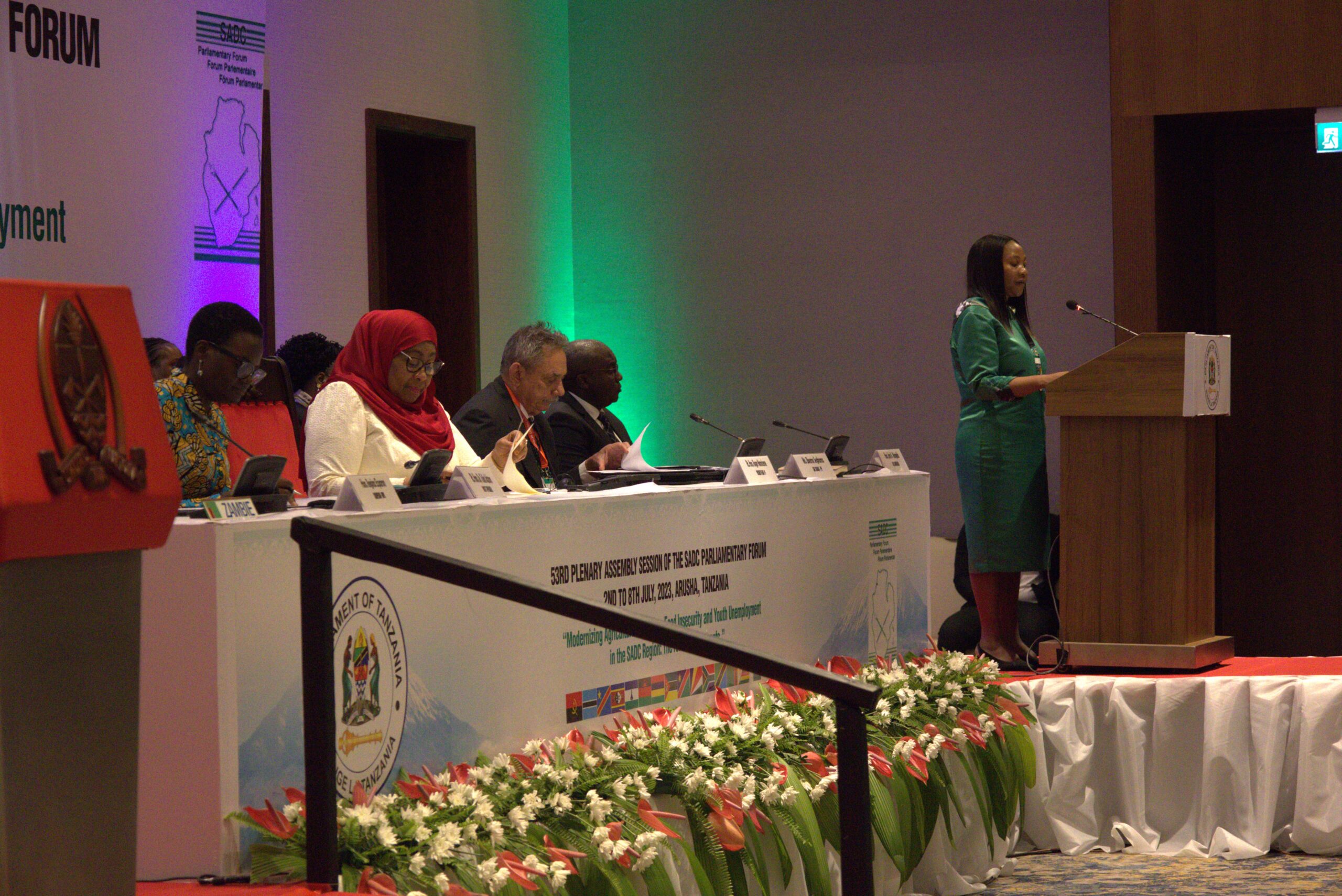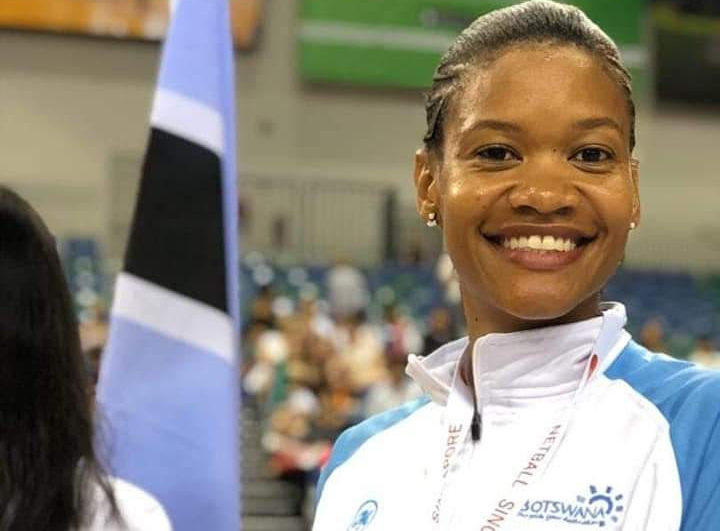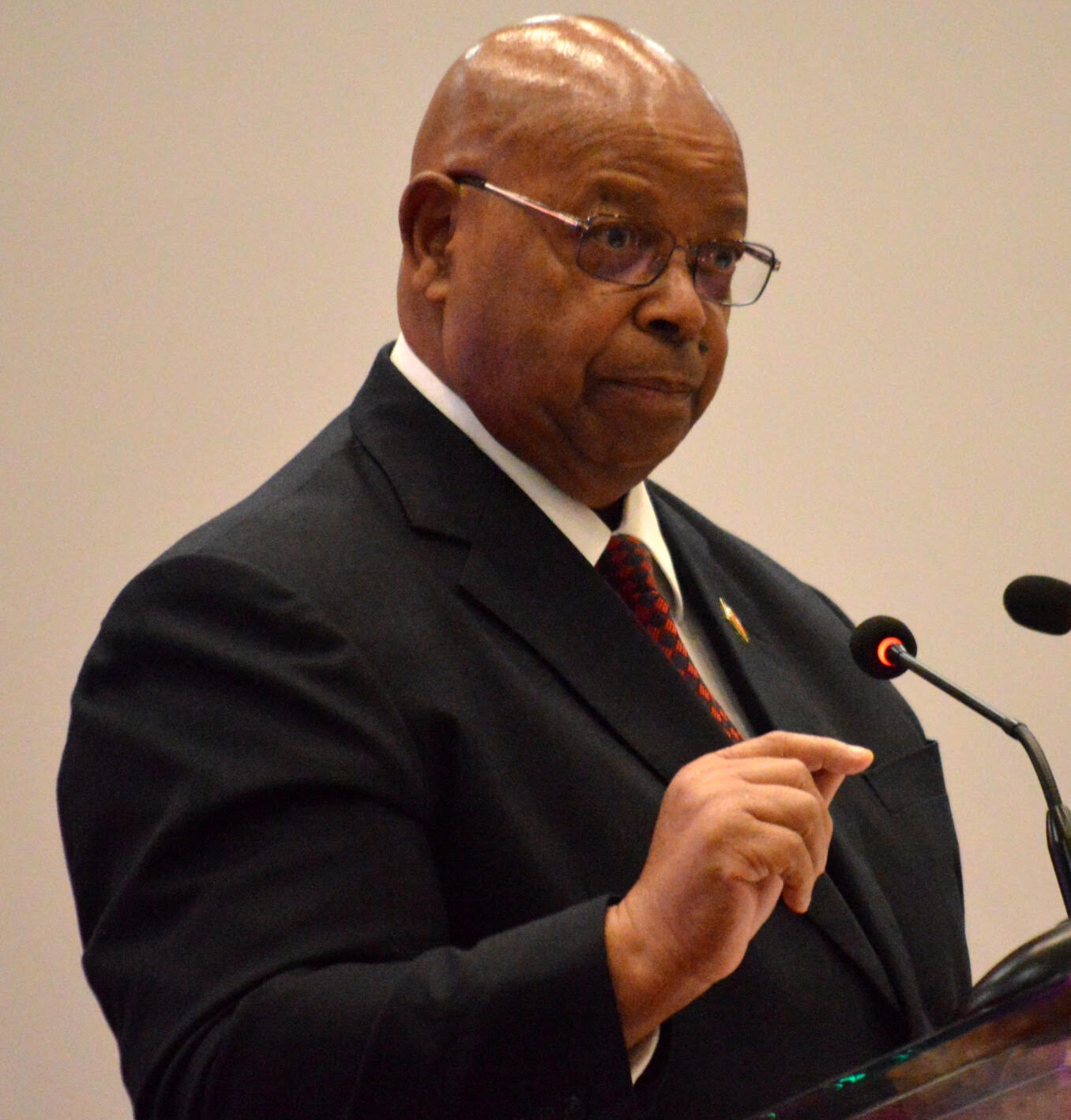The Pan Afrikanist Watchman
Over 100 journalists from 90 countries have landed in Beijing, for a ffirst-hand opportunity to see and learn about the world’s biggest economy, China, under the aegis of the Chinese International Press Communication Centre (CIPCC).
During the four-month long training, the journalists will be inducted on Chinese foreign policy, visit various Chinese Ministries, Provinces, Think Tanks, Media Houses and get a feel of the ordinary life of a Chinese citizen.

Housed in the Diplomatic Residence Compound (DRC) – the Beijing Service Bureau for Diplomatic Missions founded in 1962, the journalists were given a short orientation Friday morning about their programme and introduced to the DRC.
The DRC is a public institution affiliated to the Ministry of Foreign Affairs, with the objective to serve the diplomatic corps and build friendship. It currently serves more than 400 foreign diplomatic missions and representative offices of international organisations and foreign media in Beijing.
Speaking during the orientation, CIPCC Director, Yu Lei advised the journalists about the upcoming plenary meetings of the Two Sessions.
The Two Sessions are the second session of the 14th National Committee of the Chinese People’s Political Consultative Conference (NCCPPC) which opens on Monday 4th March, 2024 and the 14th National People’s Congress (NPC), representing the highest organ of State power and China’s top legislative body.
The functions of the NPC include electing, deciding on and dismissing the members of state agencies; deciding on matters of national importance; and other powers that should be exercised by the supreme state power organs.
It is also seized with the task of amending the Constitution and supervising its implementation; and formulating and amending criminal, civil, state agency and other basic laws.
The NPC’s permanent body is its Standing Committee and, according to Lieu, each congress is elected for a five-year term. The NPC deliberates and passes major laws, decides on major issues, and supervises the work of the State Council, the Supreme People’s Court and the Supreme People’s Procuratorate.
There are nearly 3, 000 NPC deputies, among which females account for nearly a quarter. Every ethnic group has its NPC deputy or deputies. NPC deputies submit motions and are the voice of the people they represent.
The CIPCC Director emphasised that China has its unique system of democracy quite different from the Westminster style and that the Chinese people have embraced it as it works well for them.
He even urged journalists to find out for themselves if this is true or not.
On the other hand, the CPPCC is China’s top political advisory body. It is an important institution of multiparty cooperation and political consultation led by the Communist Party of China (CPC). It is also elected for a five-year term.
Asked how many parties there are, Yu explained that China has one (Communist Party of China) plus eight (1+ 8). The National Committee of the Chinese People’s Political Consultative Conference has more than 2,000 members, comprising CPC representatives, members of other political parties, and all walks of life.
Its members offer proposals to participate in the deliberation and administration of State affairs and its functions encompass political consultation; democratic supervision and participation in and deliberation of State affairs.
Giving a distinction between the NPC and the CPPCC, the Director elaborated on the composition of the NPC Deputies giving the example of the 13th National People’s Congress.
He said that of the deputies elected, 438 are from ethnic minorities, accounting for 14.70 percent of the total. 742 deputies were women, accounting for 24.90 percent of the total.
There were 468 front-line workers and farmers’ deputies and 613 professional and technical deputies.
Explaining why the CPPCC annual plenary meeting is held before the NP, the Director said that this is done to ensure that the CPPCC could fulfil its functions.
Before NPC makes the decision, it should consult the opinion of people and all walks of life, therefore CPPCC should be held earlier than NPC in order to let its members discuss state affairs and provide opinions to NPC
As for the motions from NPC deputies, Yu quoted the statistic of the13th National People’s Congress, which showed that of all 487 motions, 474 motions were about law. These motions covered areas of digital economy, big data, food security and so on.
He said the international media ought to pay attention to the Two sessions, because it serves as an important window to look into China’s development, covering a wide range of topics concerning China’s domestic affairs and foreign policies.
The practice of Two Sessions also demonstrates how China’s democracy works.
(C) TPA









